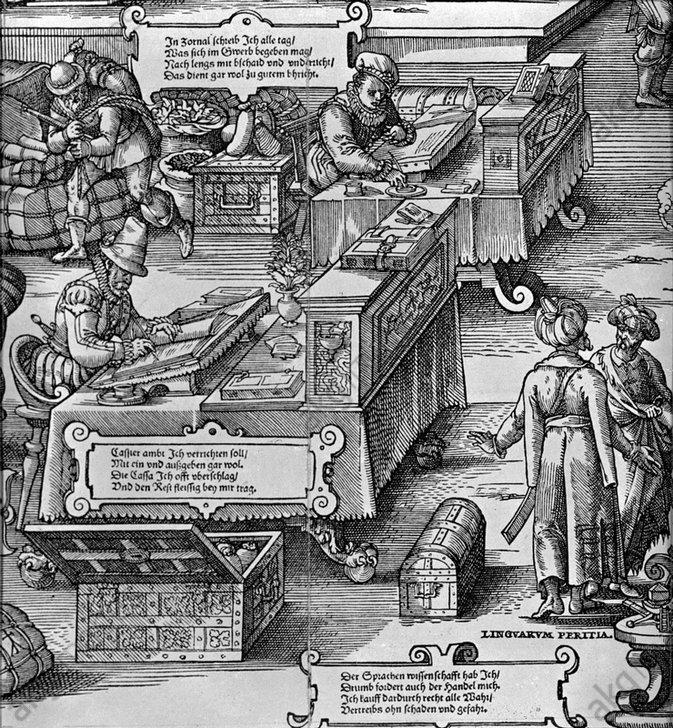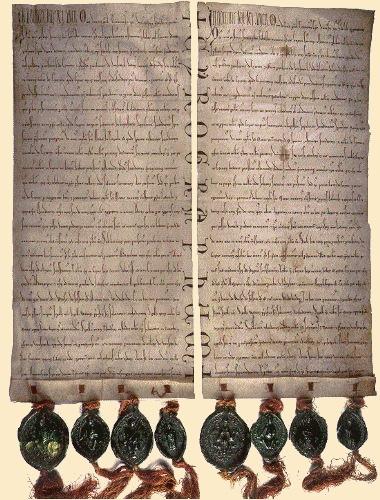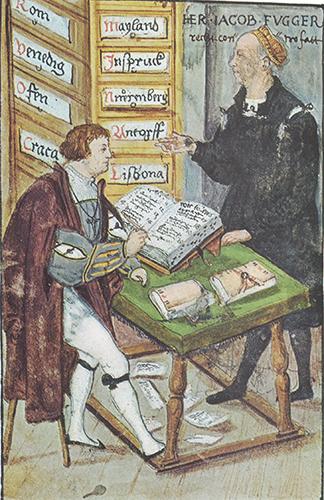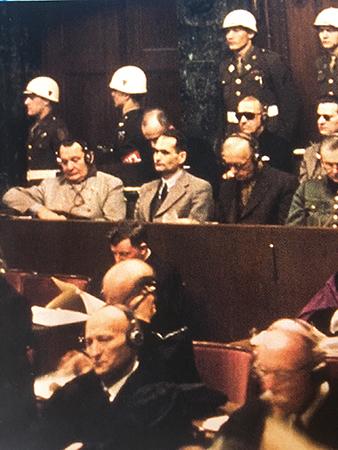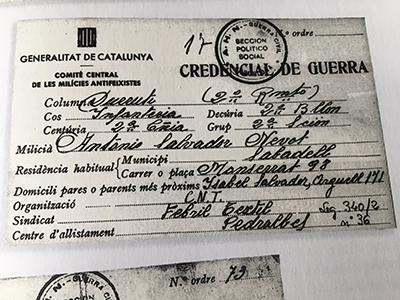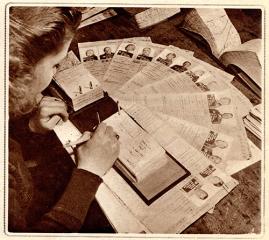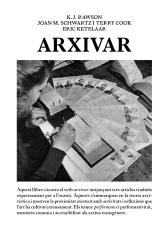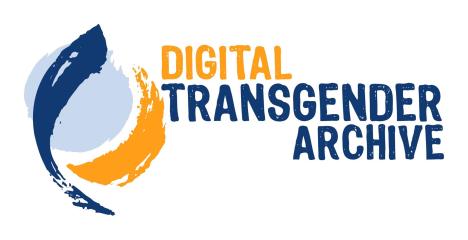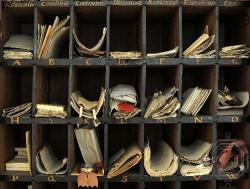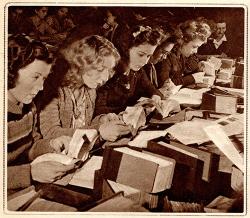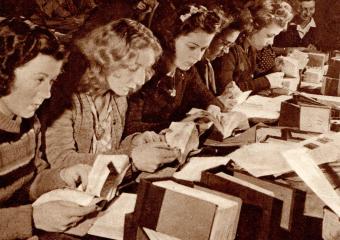Archive
Eric Ketelaar / Ramon Alberch i Fugueras
08.06.2017
The duality of archiving: Eric Ketelaar
Displaced archives. Reflections on the territoriality, principle of provenance and the use of technology: Ramon Alberch i Fugueras
Thursday 8 June, 19 h. Espai 4
Free entrance. Limited places
Language: English (with simultaneous translation) and Catalan
The series of talks and publication that jointly form the event we call Archive are an invitation to revisit a space and a concept that has interested several cultural communities (art, genre, anthropology, philosophy and others) over recent years: the archive.
We cannot disregard the fact that the archive has changed a part of its activity: once only a place to find information, it has now included among its tasks that of being a field of study in its own right, and at the same time a provocative concept that has brought to light important works and art practices hinging on this theme.
And yet much “archive art” has gone no further than the metaphor and has not allowed its internal structure to be portrayed as a place of creation. These metaphors have aestheticised the archive and have even constructed a genre, as in old times: archive art, on which there are even manuals.
This event calls for a different aesthetics of the archive, the sort that probes into its inner self, that moves within performativity, within ANT (actor-network theory), and produces texts that the art community cannot afford to ignore if it wants to avoid constantly repeating itself.
The duality of archiving
Eric Keteelar
Being a community involves embeddedness in its past and therefore in the memory texts through which that past is mediated. Texts may be a landscape, a building, a monument, commemorations, rituals and performances, and of course archives. All archives are constructed and reconstructed in a dynamic network of human and non-human agencies. These agents shape the archive and are shaped by the archive. This duality of archiving and its consequences for memory communities will be explored in the lecture.
Displaced archives. Reflections on the territoriality, principle of provenance and the use of technology
Ramon Alberch i Fugueras
The seizure of archives in situations of armed conflict (the Second World War and the "Salamanca Papers" are two well-known cases) and in the colonization/decolonization of Africa and South America have been a subject of dispute between states in negotiations on new distributions of territories or on peace treaties. In many cases the solution has been political in nature.
In this text we offer an analysis from an archival perspective and draw possible solutions to scenarios full of their own profiles and characteristics. Due to the absence of international legislation on the matter, the essential aim is to analyse some specific, well-documented cases under the principles of respect for collections and territorial provenance and the concept of territorial pertinence. We also assess the potential uses of information and communications technology.
Eric Ketelaar is Professor Emeritus at the University of Amsterdam, where from 1997 to 2009 he was Professor of Archival Studies in the Department of Media Studies. From 1989 to 1997 he was General State Archivist (National Archivist) of the Netherlands. From 1992 to 2002 he held the Archivistics chair in the Department of History of the University of Leiden. He served the International Council on Archives in various positions for twenty years, before being appointed its Honorary President in 2000.
Ramon Alberch i Fugueras is president of Archivists without Borders International and a member of the International Advisory Council of the National Centre for Historical Memory of Colombia. He has been a speaker at numerous international conferences and has written some thirty books on archival science and the history of Catalonia.
http://www.amateurarchivist.net




